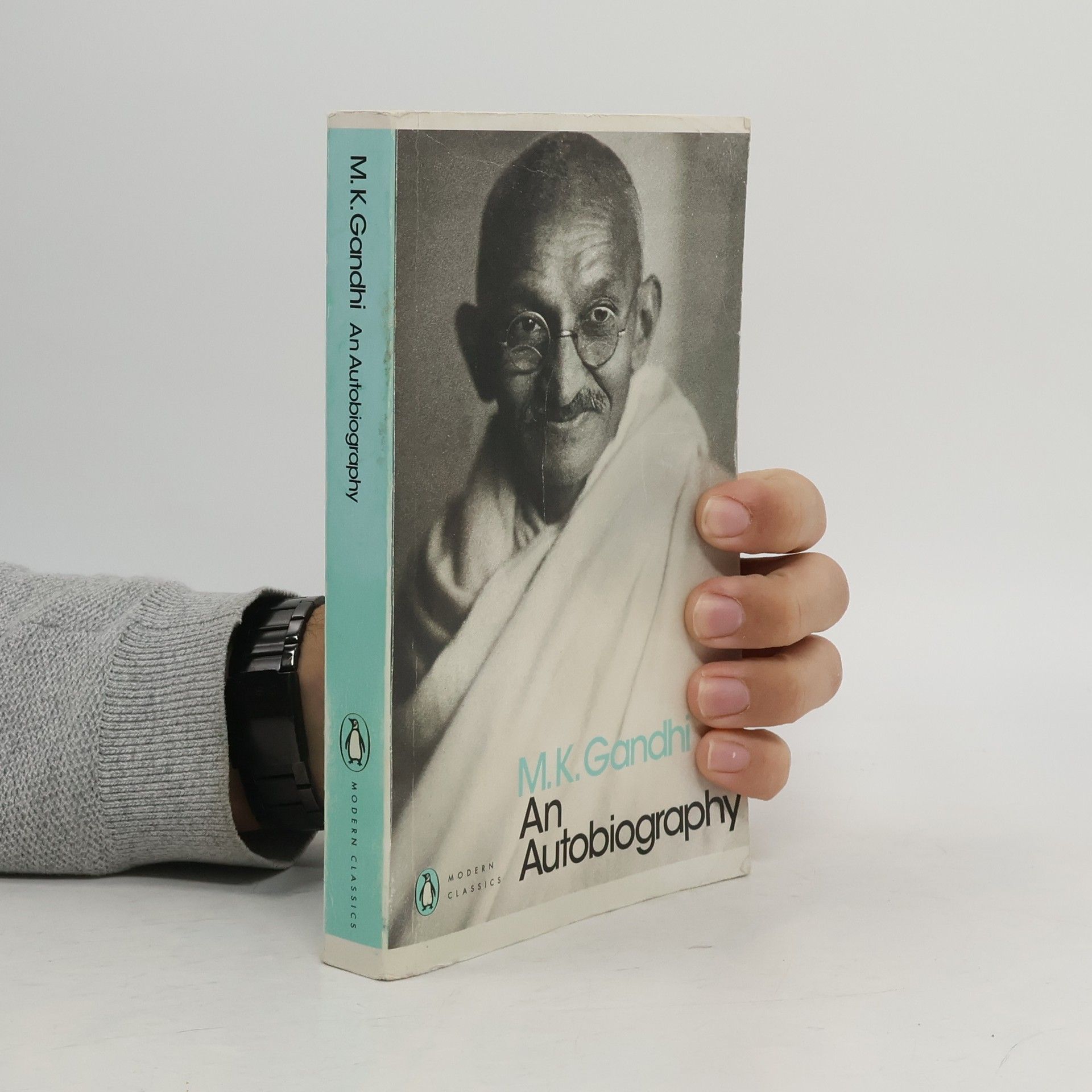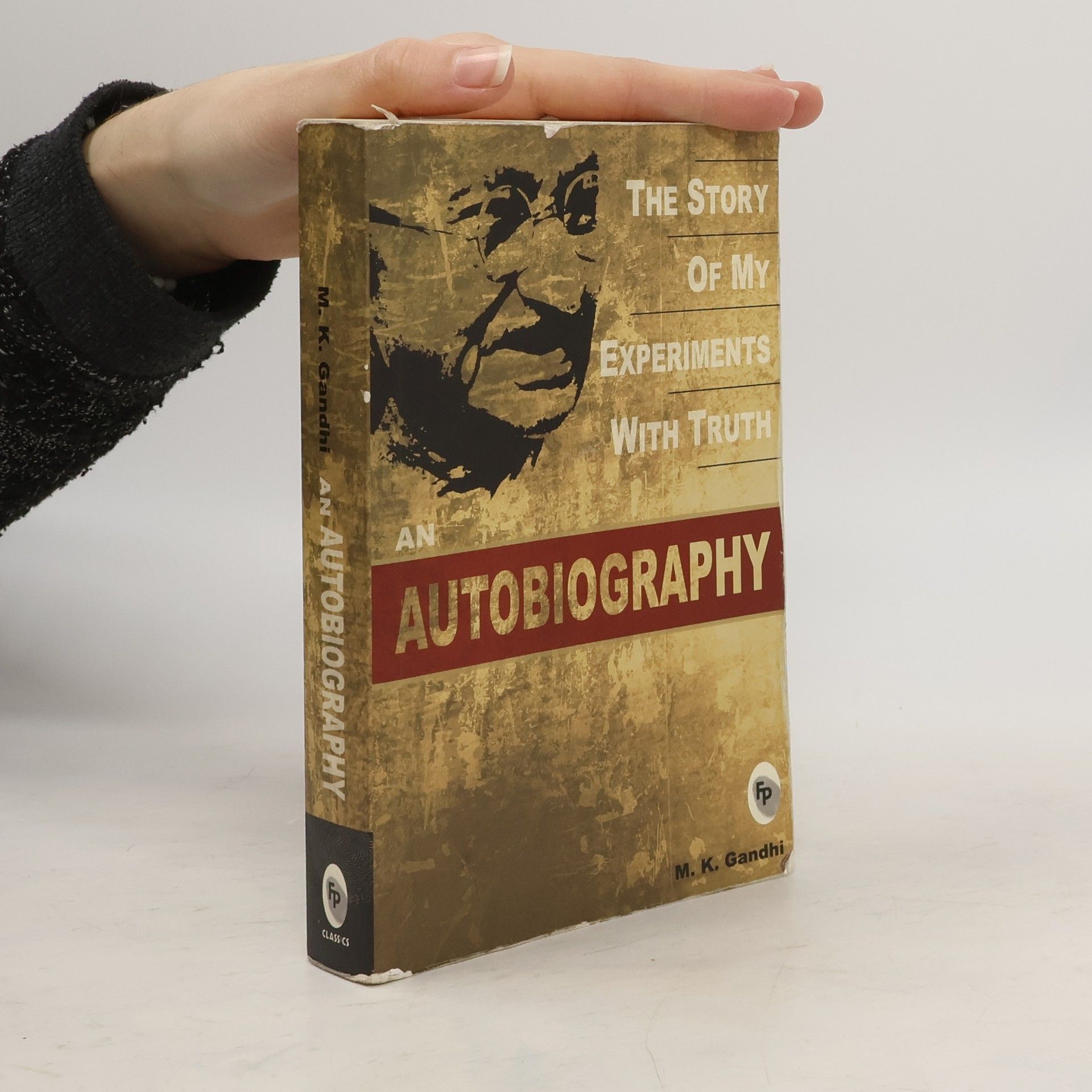The Story of My Experiments with Truth
- 448bladzijden
- 16 uur lezen
This unusual autobiography, The Story of My Experiments with Truth, is a window to the workings of Mahatma Gandhi's mind, a window to the emotions of his heart, a window to understanding what drove this seemingly ordinary man to the heights of being the father of a nation-- India. Starting with his days as a boy, Gandhi takes one through his trials and turmoils and situations that moulded his philosophy of life: going through child marriage, his studies in England, practicing Law in South Africa-- and his Satyagraha there-- to the early beginnings of the Independence movement in India. He did not aim to write an autobiography but rather share the experience of his various experiments with truth to arrive at what he perceived as Absolute Truth-- the ideal of his struggle against racism, violence and colonialism. This is a translation by Mahadev Desai."

